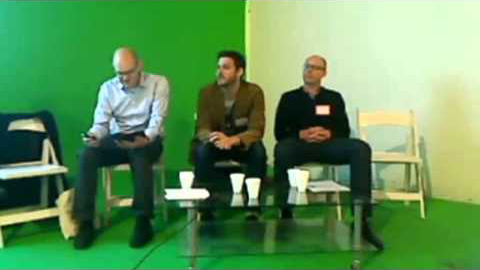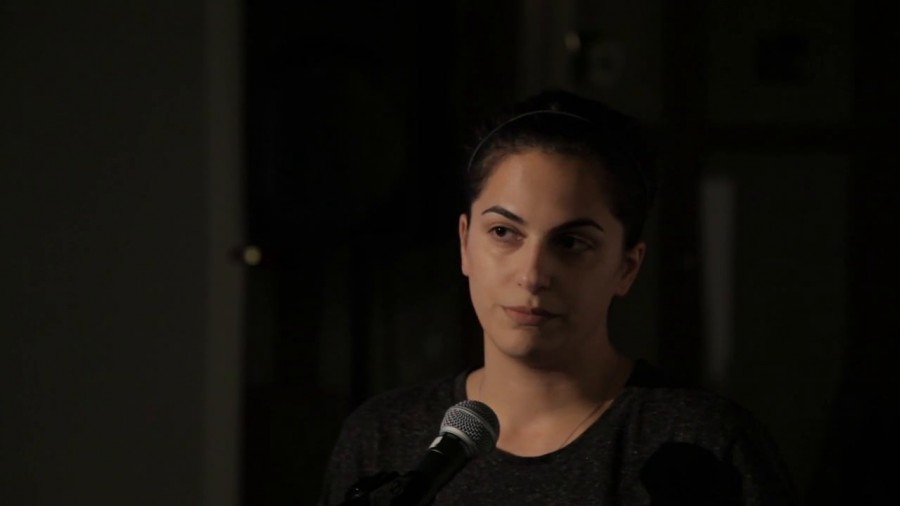With social media, the compelling opportunities for self-expression outstrip the supply of things we have to confidently say about ourselves. The demand for self-expression overwhelms what we might dredge up from the inside, from our true selves. So the self that we’re expressing in social media has to be posited elsewhere. We start to borrow from the network. We start to borrow from imagined future selves that we can project. We start to borrow from the media themselves and from other kinds of content circulating there that we can now constitute ourselves with.
Archive (Page 3 of 3)

[The] persuasion model advanced by Rushkoff and Lasn is particularly useful for thinking critically through a variety of recent politically-oriented web phenomena like profile picture changing campaigns, political viral videos, hashtag activism and the like.

Among other things [The Cute Cat Theory] suggests that ordinary online tools and platforms, the kind that people commonly use to share innocuous content such as cute pictures of cats make it possible for non-activist users to create and disseminate activist content online.

So I got curious, and I asked myself what is the Iranian Internet, and who is the Iranian user? I was pissed off enough, like I said, to take a step or to feel the urge to do something. To feel the urge of making something. And the thing that I really wanted to bring across was that censorship is happening in a different country, where it’s being used to bring across information, to make voices heard.
